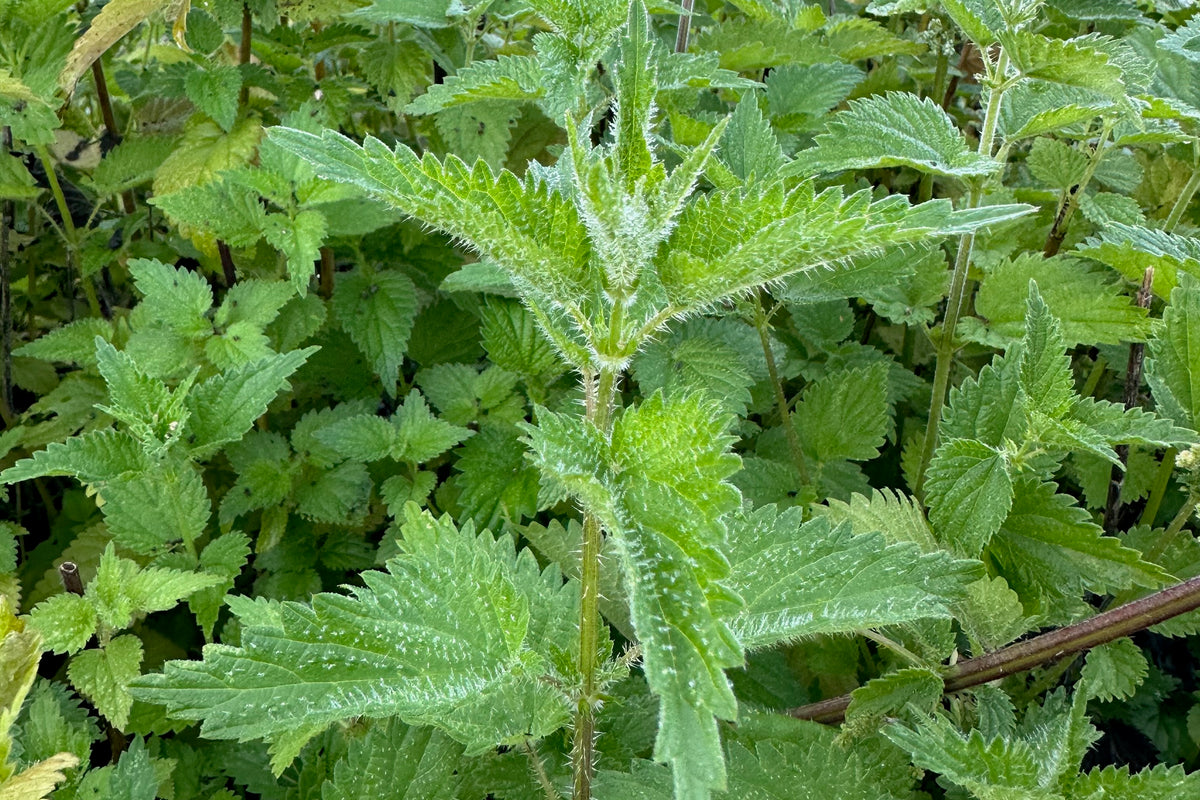
Nettle Plant
The Amazing Benefits of the Nettle Plant
Introduction to the Nettle Plant
The nettle plant, scientifically known as Urtica dioica, is a versatile and nutrient-rich herb that has been used for centuries in traditional medicine and culinary practices. It is a perennial plant that grows in many parts of the world, including Europe, Asia, and North America. Nettle plants are known for their stinging hairs that can cause skin irritation upon contact, but despite this, they offer a wide range of health benefits when consumed or used topically.
Nutritional Value of Nettle Plant
Nettle plants are packed with essential nutrients, including vitamins A, C, and K, as well as minerals such as calcium, iron, and magnesium. They are also rich in antioxidants and phytochemicals that help protect the body against oxidative stress and inflammation. This makes nettle plants a valuable addition to a healthy diet and lifestyle.
Health Benefits of Nettle Plant
1. Anti-inflammatory Properties: Nettle plants contain compounds that have been shown to reduce inflammation in the body, making them useful for conditions such as arthritis and allergies.
2. Rich in Antioxidants: The antioxidants in nettle plants help protect cells from damage caused by free radicals, reducing the risk of chronic diseases.
3. Supports Bone Health: Nettle plants are high in calcium and other minerals that are essential for maintaining strong and healthy bones.
4. Improves Skin Health: Nettle plants can be used topically to soothe skin irritations and promote healing, thanks to their anti-inflammatory and antimicrobial properties.
5. Boosts Immune System: The immune-boosting properties of nettle plants help the body fight off infections and illnesses more effectively.
How to Use Nettle Plant

Nettle plants can be consumed in various forms, including as a tea, tincture, or supplement. They can also be used in cooking, added to soups, stews, and smoothies for an extra nutritional boost. Additionally, nettle plants can be used topically in skincare products or as a poultice for skin conditions.
Side Effects and Precautions
While nettle plants are generally safe for most people when consumed in moderation, some individuals may experience mild side effects such as stomach upset or allergic reactions. It is important to consult with a healthcare provider before using nettle plants, especially if you are pregnant, breastfeeding, or taking medications.
FAQs about Nettle Plant
1. Can nettle plants help with hair loss?
Some studies suggest that nettle plants may help promote hair growth and reduce hair loss when used topically or consumed regularly.
2. Are nettle plants safe for children?
Nettle plants are generally safe for children when consumed in small amounts, but it is best to consult with a pediatrician before giving them to young children.
3. Can nettle plants help with allergies?
Nettle plants have been used traditionally to help alleviate allergy symptoms due to their anti-inflammatory properties and ability to reduce histamine levels in the body.
Conclusion

In conclusion, the nettle plant is a versatile and nutritious herb that offers a wide range of health benefits. From reducing inflammation and promoting bone health to improving skin and boosting the immune system, nettle plants are a valuable addition to a healthy lifestyle. Whether consumed as a tea, added to recipes, or used topically, nettle plants can support overall well-being and vitality. Consider incorporating nettle plants into your daily routine to experience their amazing benefits firsthand.